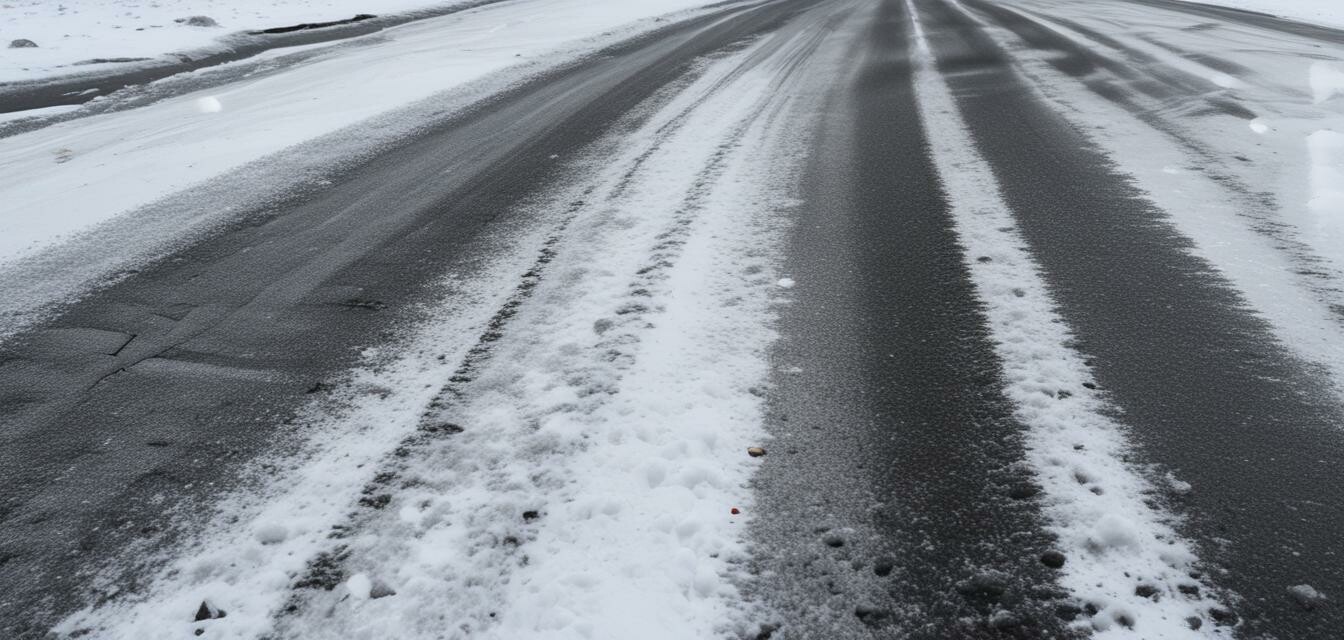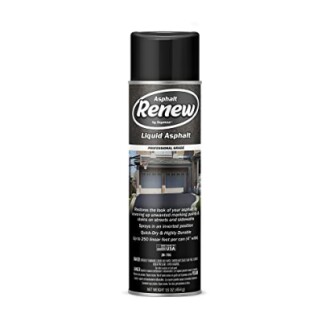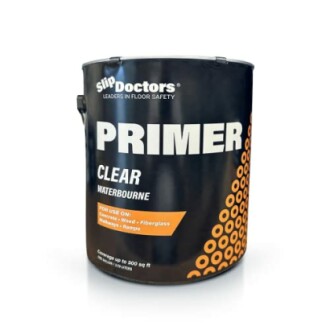
How to Choose the Best Asphalt Mix for Winter Projects
Key Takeaways
- Understanding the effects of winter on asphalt performance is crucial.
- Higher polymer content improves mix durability in cold conditions.
- Using additives can enhance the flexibility and resistance of asphalt.
- Consult local regulations and guidelines when selecting mixes.
- Test your asphalt mix before large-scale projects to ensure compatibility with winter conditions.
Choosing the right asphalt mix for winter projects is essential to ensure durability and longevity. Winter conditions present unique challenges, such as low temperatures, snow, and ice, which can significantly affect asphalt performance. In this article, we'll guide you through the factors to consider when selecting asphalt mixes designed for winter conditions.
Understanding Winter Conditions and Asphalt
Winter weather can have various impacts on asphalt, including:
- Temperature Variations: Low temperatures can affect the curing and setting time of asphalt.
- Moisture and Frost: Frozen ground can lead to uneven settling and cracking.
- Salt and De-icing Agents: These can degrade asphalt over time if not properly managed.
Factors to Consider When Choosing Asphalt Mixes
- Type of Asphalt Mix: Select mixes specifically formulated for cold-weather applications.
- Additives: Look for modifiers that enhance flexibility and resistance to cracking.
- Mix Design: A mix with a higher polymer content often performs better under cold temperatures.
- Local Regulations: Ensure compliance with local standards for asphalt performance in winter.
Types of Asphalt Mixes Suitable for Winter
The following are common asphalt mixes that perform well in winter conditions:
| Asphalt Mix Type | Description |
|---|---|
| Warm Mix Asphalt | Can be laid in lower temperatures without losing quality, thanks to specialized additives. |
| Modified Asphalt | Includes polymers for enhanced flexibility and durability, ideal for cold weather. |
| Cold Mix Asphalt | Designed for repairs in cold temperatures, can be used without specialized equipment. |
Recommended Products for Winter Mixes
Seymour 20-701 Traffic Specialties Stripe Renew, Asphalt
This quick-dry, durable solution is perfect for refreshing asphalt markings in winter.
Learn MoreUsing Additives to Enhance Asphalt Mix Performance
Additives play a crucial role in improving the performance of asphalt mixes, especially in challenging winter conditions. Consider these options:
- Asphalt Rubber: Provides enhanced elasticity and resistance to cracking.
- Anti-stripping agents: Help to bond the aggregates and asphalt to resist moisture damage.
- Cold weather modifiers: These additives help the asphalt adhere better even in freezing temperatures.
Choosing the Right Primer
When considering additional layers or bonding, a good quality primer can make a significant difference. Check out this product:
Clear Acrylic Paint Primer
Designed to promote bonding and improve paint coverage for various surfaces.
Learn MoreBest Practices for Asphalt Installation in Winter
- Timely Application: Ensure the asphalt is laid when temperatures are consistently above the freezing point.
- Machine Calibration: Always calibrate machinery to suit winter mixes for optimal performance.
- Surface Preparation: Properly prepare the base to minimize moisture ingress.
Common Mistakes to Avoid
- Using standard mixes that are not suitable for cold conditions.
- Neglecting to test new materials before large installations.
- Overlooking local weather forecasts before planning the work schedule.
Conclusion
Choosing the right asphalt mix for winter paving projects is vital for achieving durability and longevity. By considering the specific characteristics of winter conditions and selecting the appropriate asphalt type and additives, you can ensure your projects withstand harsh winter weather. Remember to consult with professionals and adhere to local regulations to enhance the overall performance of your asphalt installations.
Tips for Successful Winter Projects
- Regularly inspect weather conditions leading up to your project.
- Ensure your team is trained on cold-weather installation protocols.
- Utilize high-quality materials to avoid premature failure.
For further reading, check out our articles on asphalt paving project examples, techniques in paving, or asphalt mixes and additives.



